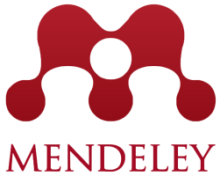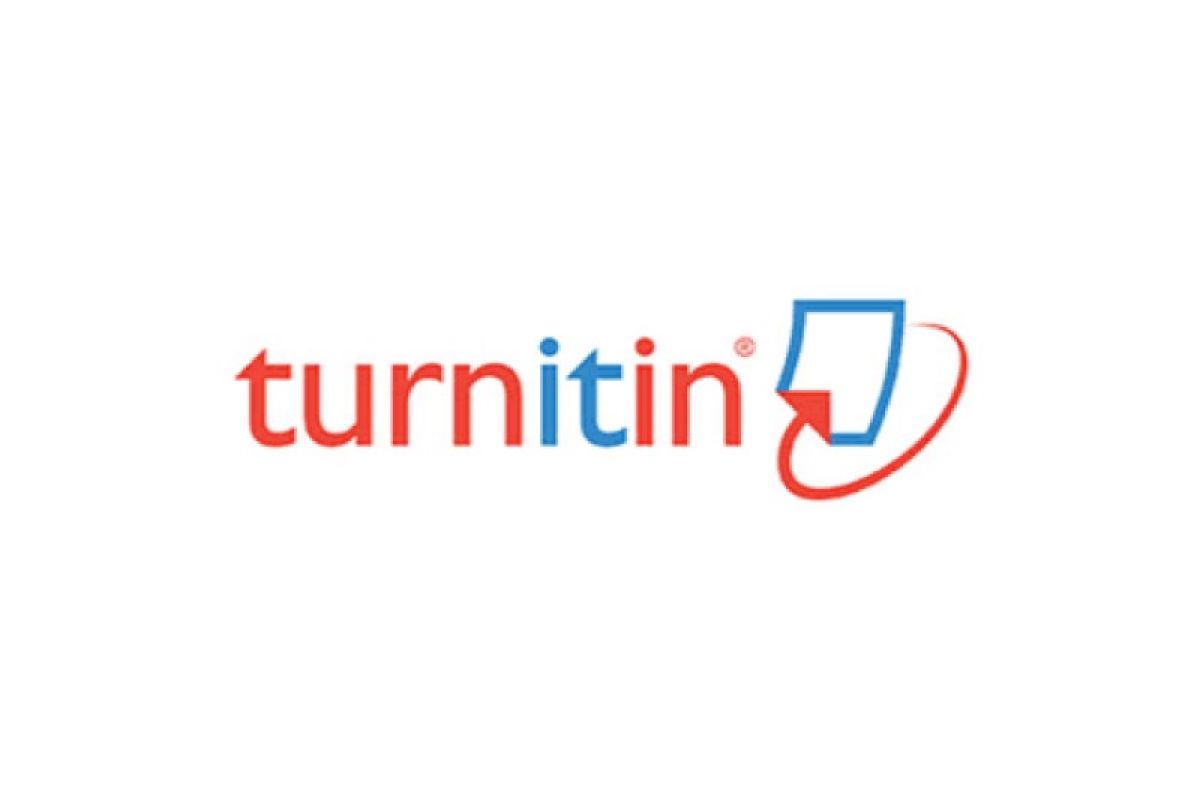ANALISIS PENGENDALIAN PERSEDIAAN OLI CASTROL DALAM MENGEFISIENSIKAN BIAYA PERSEDIAAN DENGAN MENGGUNAKAN METODE ECONOMIC ORDER QUANTITY (EOQ) PADA AUTO 2000 CABANG SURAPATI- CICAHEUM (SUCI)
Abstract
Auto 2000 is a company that engaged in trading and services of Toyota vehicles. Auto 2000 is a service network of sales, maintenance, repair and spare parts supplier of Toyota, full managed by PT Astra International Tbk. This research focus at Auto 2000 Surapati - Cicaheum branch, which often has problems with the amount of stock. It is resulting the accumulation of 5W-30 castrol oil products in the warehouse. In the procurement process, the company manually purchase the products based on the orders from the head of workshop.
By using the Economic Order Quantity (EOQ) - Single Item and Economic Order (EOI) - Single Item, it can calculate the prediction of economic order quantity, purchase frequency, reorder, order interval and total cost. There are 3 types of activities, such as input data, production process and output data. When performing data input, the data that used is the demand data of 5W-30 castrol oil product in 1 year. Then the data is processed using Economic Order Quantity (EOQ) - Single Item and Economic Order (EOI) - Single Item to obtain the amount of economical ordering, ordering frequency, reorder, order interval and total cost. After the data is processed, then output data can be obtained, such as data of economic order amount, order frequency, reorder point and total cost.
The results of demand data that obtained within 1 year period used to calculate by using the Economic Order Quantity (EOQ) - Single Item and Economic Order (EOI) - Single Item method. From the calculation of the available order numbers, it is resulted that the economical amount as much as 1,338 litres. Optimal reorder can be done when the inventory point reaches at 288 litres each order time, with the ordering frequency as much as 10 times order, meanwhile the order interval of 37 days and the total cost incurred annually for Rp 1.030.824.952, -









